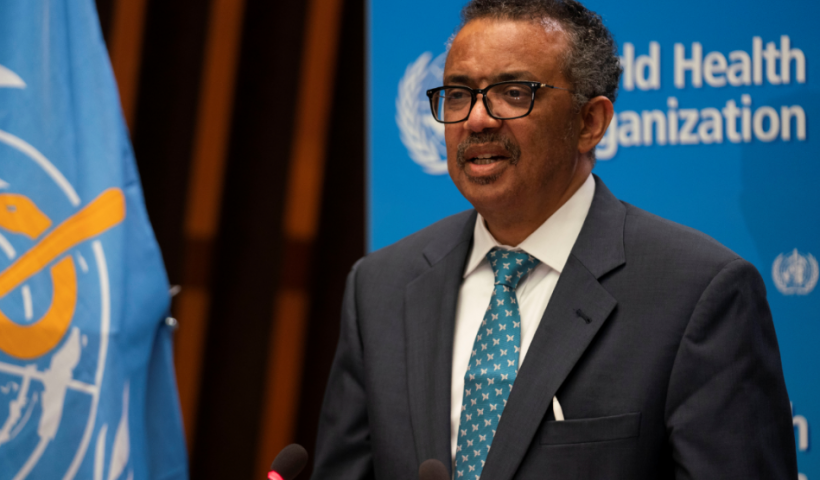Clinical trials for the anti-malaria drug hydroxychloroquine in COVID-19 patients have been suspended due to some safety concerns by the World Health Organization (WHO).
Recent studies from The Lancet which was published on Friday, May 22, had revealed higher mortality rates among patients who took the drug, hence, the suspension of the drug in the WHO's Solidarity trial. The trial was to evaluate the safety and efficacy of four other drugs against the virus.

WHO previously recommended against using hydroxychloroquine
Director-General of the WHO, Tedros Adhanom Ghebreyesus, told The Daily Mail that "The executive group has implemented a temporary pause of the hydroxychloroquine arm within the Solidarity trial while the safety data is reviewed by the data safety monitoring board. However, other arms of the trial are continuing, including testing of the experimental drug remdesivir and an HIV combination therapy."
Dr. Tedros also said that the concern relates to the use of the anti-malarial drug hydroxychloroquine and chloroquine in COVID-19. He reiterated that these drugs are generally accepted as safe for use in patients with malaria or autoimmune diseases. The WHO will be providing updates as they continue their research.
The organization also recommended against using the drug to prevent and treat coronavirus infections, except for clinical trials. Head of the WHO emergencies program, Dr. Mike Ryan has stated that the decision to suspend trials had been taken out of an abundance of caution.
Hydroxychloroquine should not be used to treat COVID-19 patients that are outside of clinical trials
In the United Kingdom, the Principle trials have been looking at hydroxychloroquine among patients between the ages of 50 and 64 who have shown symptoms of COVID-19 and chronic health conditions like cancer, asthma, or heart disease. However, it is still unclear how many participants have enrolled. The trial will continue until March next year.
The study from Madielle, France, treated about 30 patients with hydroxychloroquine for at least 10 days combined with azithromycin.
President Trump took it to social media on March 21 to express his thoughts saying, "HYDROXYCHLOROQUINE & AZITHROMYCIN, taken together, have a real chance to be one of the biggest game-changers in the history of medicine. The FDA has moved mountains - Thank You! Hopefully they will BOTH (H works better with A, International Journal of Antimicrobial Agents)."
Even though it is very small, the study showed a significant reduction of the viral carriage after six days of treatment compared to some patients who received other kinds of treatments. However, weeks later, the International Society of Antimicrobial Chemotherapy (ISAC) addressed in a statement a few concerns in the research.
Authors of the study have suggested to the public that hydroxychloroquine should not be used to treat COVID-19 patients that are outside of clinical trials until further studies from experts confirm its safety and efficiency.









